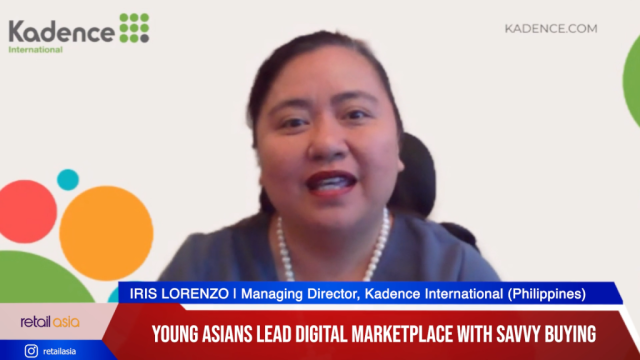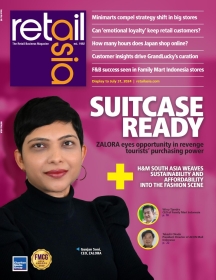Brands zoom in on forging communities with customers
Marketing for brands will not be effective without their relationship with their customers.
As consumers are bombarded with options in the market, brands are “cultivating communities” to stand out and get customers’ attention.
“The way to their heart or to engage with them, and to fully introduce your brand [to them] is to be well connected and transparent with what you have to offer,” Frankie Primavera, CEO of Oddefy Agency & Proddhouse, told Retail Asia at the sidelines of the Retail Asia Manila Forum.
As more struggle to stand out to appeal to their loyal customers, marketers are leaning towards interactors to their demographics. Fruitful partnerships serve a heavier role in marketing than just relying on influencers or gimmicks.
With the root of such partnerships found online, it is vital for retailers to look at customer reception and reviews to formulate strategies and create awareness of the market.
“No matter how many placements and spots you get out of putting your ads in several places, there has to be a tying message of what these brands want to tell their audience and how can customers experience the brand itself,” Primavera said.
“If you are going to waste money and all these spots, you might as well be strategic about how you are going to fulfil that common denominator or the insight that your customers want to know and want to experience with your brand,” she added.
Currently, few brands employ this tactical marketing. Common denominators like openness and transparency of their branding are what made them thrive in the market and win over more trust among customers. It only reflects that most “audiences want to hear” stories from brands, loud and clear, seeking a cordial relationship.
In a post-pandemic market, the priority is not only to outsell the competition but to provide the most straightforward, genial approach to market and connect to the audience. As a step forward, human connections will continue to serve as an important and reliable asset for businesses beyond marketing, Primavera said.
“You want to be able to make them feel like you are prioritising them, and you want them to stick with being loyal to your brand that will also gear towards redemption,” she said.




















 Advertise
Advertise







